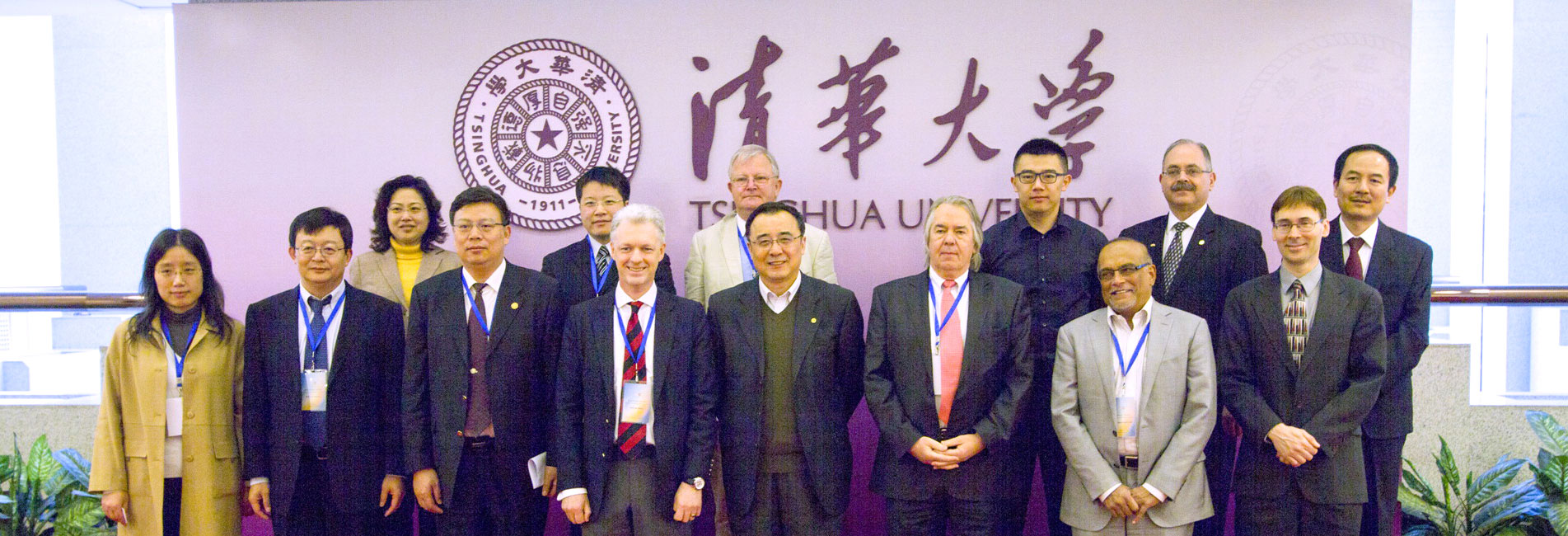On May 21 to 24, 2018, a paper by PhD student Zuo Yani in Professor Wang Lijun’s research group of Tsinghua University, entitled “Progress forward a Cadmium Ion Microwave Clock -based on Sympathetic Cooling” shortlisted for the Student Best Paper Finalists, and eventually won the Student Paper Competition Group Winner, in 2018’s IEEE International Frequency Control Symposium, which is the first time that a student in mainland China scientific research units won the award.
The corresponding author of this paper is Zhang Jianwei, Associate Researcher of Department of Precision Instrument, Tsinghua University, and the paper was completed by Zuo Yani, Han Jize, Liao Wei, Zhang Jiawei and Professor Wang Lijun from Wang Lijun’s research group of Tsinghua University. The work was supported by the key research and development project of the ministry of science and technology and the independent project of the state key laboratory of precision testing technology and instruments.
Atomic clock, as a kind of precision timing device which uses atomic transition frequency as frequency reference, has important applications in global satellite navigation system, precision measurement and high-speed communication. In satellite-navigation systems in particular, a time error of one nanosecond (billionth of a second) can lead to a distance error of 0.3 meters, a precision that only atomic clocks can achieve. After deep research, the group proposed an improving precision of microwave frequency standard based on ion trap and carried out the technical validation of the new scheme. Currently key indicators like the medium and long term frequency stability are at the international leading level, and the scheme is expected to become the next generation of deep space navigation, and the time-frequency distribution of the secondary standard solution.
This paper mainly studies the microwave frequency standard of cadmium 113 ion based on linear quadrupole ion trap. In order to reduce the second-order Doppler frequency shift, the paper proposes to adopt the cooperative cooling technology to continuously cool the cadmium ion and keep it at the mK temperature during the clock signal search. In this paper, the efficiency of co-cooling and its effect on the performance of frequency scale are discussed by comparing the results of molecular dynamics simulation with experimental data.
IEEE International Frequency Control Symposium (IEEE IFCS), hosted by ultrasonic, ferroelectric and frequency control association (UFFC -s) of the International Society of Electrical and Electronic Engineers (IEEE), is the largest international academic conferences in the time and frequency control field, covering 6 areas of materials and devices, the resonant frequency synthesizer technology, microwave quantum noise and circuit and application, sensor and transducer, time and frequency distribution and global navigation satellite system (GNSS) and application, optical frequency standard and application. The conference was first held in 1947, and has a history of 70 years. The 2018 annual conference took place in Olympic valley, California, USA. The technical committee of the conference selected the best papers of students from 6 different fields by reviewing papers of students from all over the world. Finally the evaluation committee would select the winners based on the quality and content of the paper work, its significance to society, students' contribution to the paper work and their presentation.

